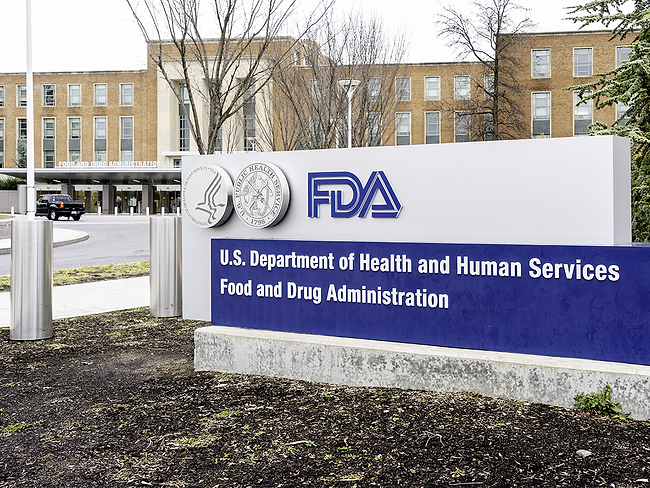
Articles by Mark McCarty
2023 Med Tech Conference
FDA’s Shuren says agency decidedly moving away from up-or-down vote at advisory hearings
Read More2023 Med Tech Conference
EU’s notified body dilemma easing, but competent authorities continue to muddle the picture
Read More2023 Med Tech Conference



